This article was co-authored by Rachel Eddins, M.Ed., LPC-S and by wikiHow staff writer, Madeleine Criglow. Rachel Eddins is a Licensed Professional Counselor and the Executive Director of Eddins Counseling Group. With more than 20 years of experience, she specializes in working with clients with eating disorders, anxiety and depression, relationship issues, and career obstacles. Rachel earned a BA in Psychology from The University of Texas at Austin and an MEd in Counseling from The University of Houston. She received a Group Psychotherapist Certification from the American Group Psychotherapy Association and an Intuitive Eating Counselor Certification through Intuitive Eating Pros. She is also recognized as a Master Career Counselor through the National Career Development Association.
There are 7 references cited in this article, which can be found at the bottom of the page.
This article has been viewed 12,119 times.
If you've been struggling with work stress or things in your personal life, know that you're not alone. Many people need to take a break every now and then to focus on their mental health, destress, and come back to their responsibilities feeling recharged. Here are some key signs that you could benefit from taking some time to rest.
Steps
Expert Q&A
-
QuestionDoes burnout really exist?
 Rachel Eddins, M.Ed., LPC-SRachel Eddins is a Licensed Professional Counselor and the Executive Director of Eddins Counseling Group. With more than 20 years of experience, she specializes in working with clients with eating disorders, anxiety and depression, relationship issues, and career obstacles. Rachel earned a BA in Psychology from The University of Texas at Austin and an MEd in Counseling from The University of Houston. She received a Group Psychotherapist Certification from the American Group Psychotherapy Association and an Intuitive Eating Counselor Certification through Intuitive Eating Pros. She is also recognized as a Master Career Counselor through the National Career Development Association.
Rachel Eddins, M.Ed., LPC-SRachel Eddins is a Licensed Professional Counselor and the Executive Director of Eddins Counseling Group. With more than 20 years of experience, she specializes in working with clients with eating disorders, anxiety and depression, relationship issues, and career obstacles. Rachel earned a BA in Psychology from The University of Texas at Austin and an MEd in Counseling from The University of Houston. She received a Group Psychotherapist Certification from the American Group Psychotherapy Association and an Intuitive Eating Counselor Certification through Intuitive Eating Pros. She is also recognized as a Master Career Counselor through the National Career Development Association.
Licensed Professional Counselor Yes, it does! Burnout has recently become a mental health diagnosis, that is how serious the condition can be.
Yes, it does! Burnout has recently become a mental health diagnosis, that is how serious the condition can be.
References
- ↑ Rachel Eddins, M.Ed., LPC-S. Licensed Professional Counselor. Expert Interview. 23 March 2022.
- ↑ https://www.helpguide.org/articles/stress/burnout-prevention-and-recovery.htm
- ↑ Rachel Eddins, M.Ed., LPC-S. Licensed Professional Counselor. Expert Interview. 23 March 2022.
- ↑ https://www.mic.com/p/7-signs-you-need-a-mental-health-day-off-work-how-to-ask-for-one-17937756
- ↑ https://www.psychologytoday.com/us/blog/what-mentally-strong-people-dont-do/201707/how-know-when-take-mental-health-day
- ↑ https://www.psychologytoday.com/us/blog/high-octane-women/201311/the-tell-tale-signs-burnout-do-you-have-them
- ↑ https://www.psychologytoday.com/us/blog/high-octane-women/201311/the-tell-tale-signs-burnout-do-you-have-them
- ↑ https://www.helpguide.org/articles/stress/burnout-prevention-and-recovery.htm
- ↑ Rachel Eddins, M.Ed., LPC-S. Licensed Professional Counselor. Expert Interview. 23 March 2022.
- ↑ https://www.psychologytoday.com/us/blog/high-octane-women/201311/the-tell-tale-signs-burnout-do-you-have-them
- ↑ https://www.mic.com/p/7-signs-you-need-a-mental-health-day-off-work-how-to-ask-for-one-17937756
- ↑ Rachel Eddins, M.Ed., LPC-S. Licensed Professional Counselor. Expert Interview. 23 March 2022.
- ↑ https://www.mic.com/p/7-signs-you-need-a-mental-health-day-off-work-how-to-ask-for-one-17937756
- ↑ https://www.psychologytoday.com/us/blog/high-octane-women/201311/the-tell-tale-signs-burnout-do-you-have-them
- ↑ Rachel Eddins, M.Ed., LPC-S. Licensed Professional Counselor. Expert Interview. 23 March 2022.
- ↑ https://www.pennmedicine.org/updates/blogs/womens-health/2016/october/burnout
- ↑ https://www.helpguide.org/articles/addictions/self-medicating.htm
- ↑ https://www.mic.com/p/7-signs-you-need-a-mental-health-day-off-work-how-to-ask-for-one-17937756
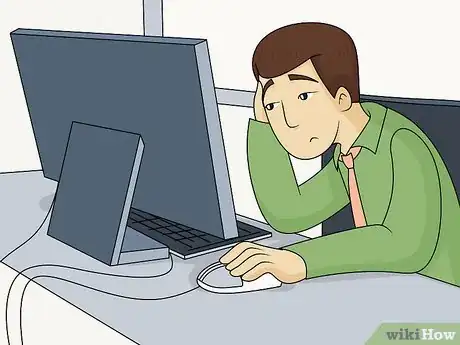

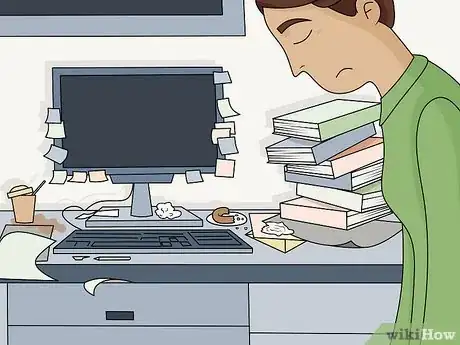
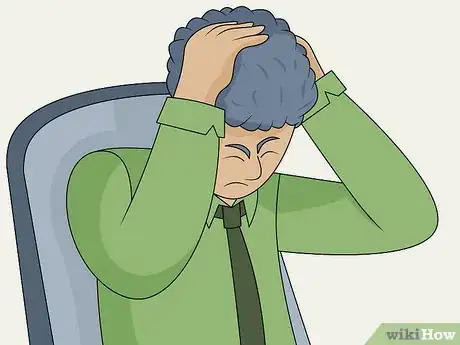
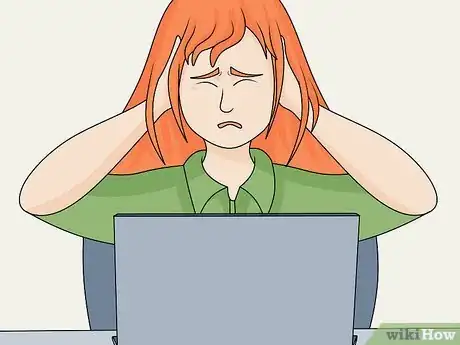
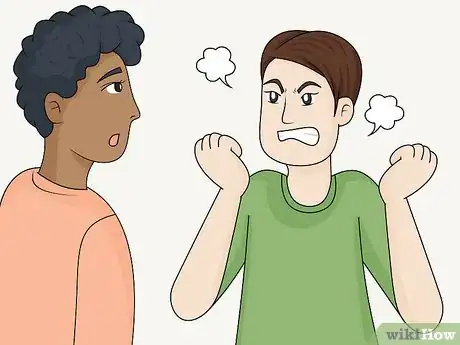
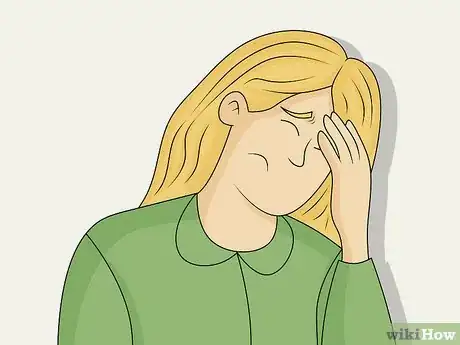
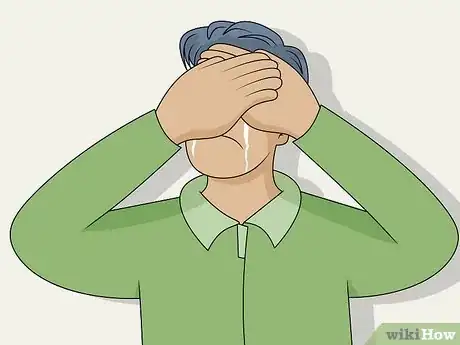
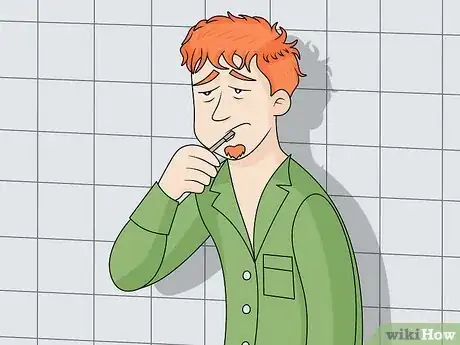
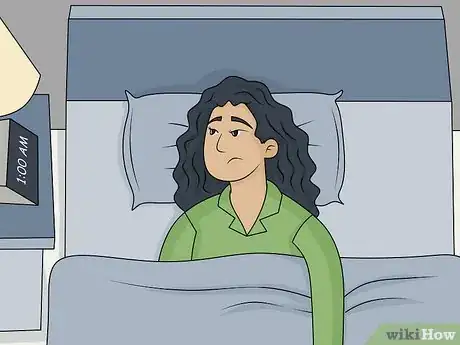
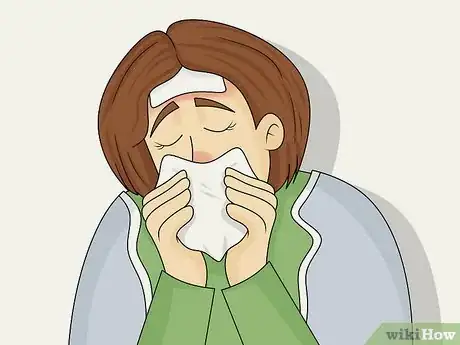
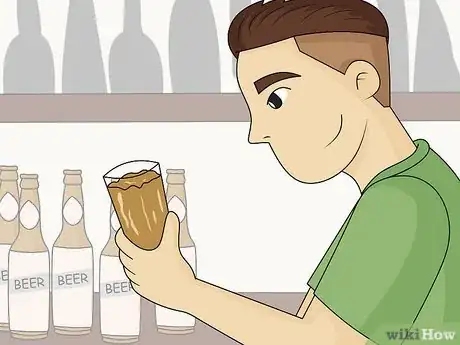

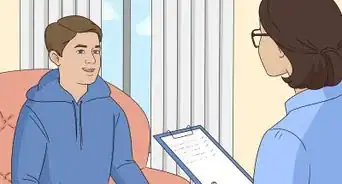
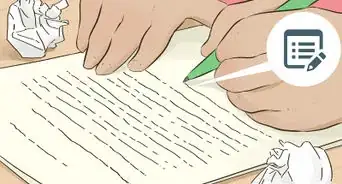

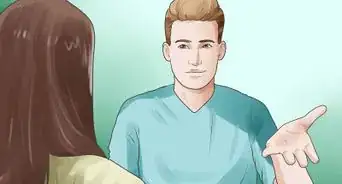
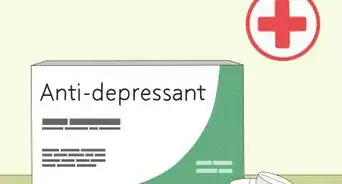


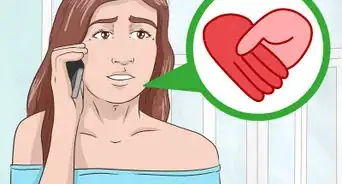


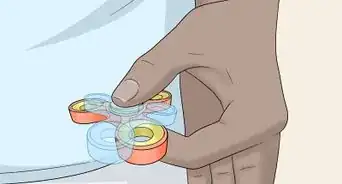

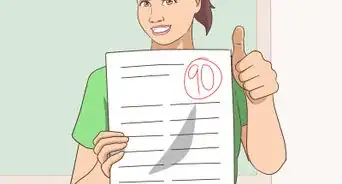













































Medical Disclaimer
The content of this article is not intended to be a substitute for professional medical advice, examination, diagnosis, or treatment. You should always contact your doctor or other qualified healthcare professional before starting, changing, or stopping any kind of health treatment.
Read More...